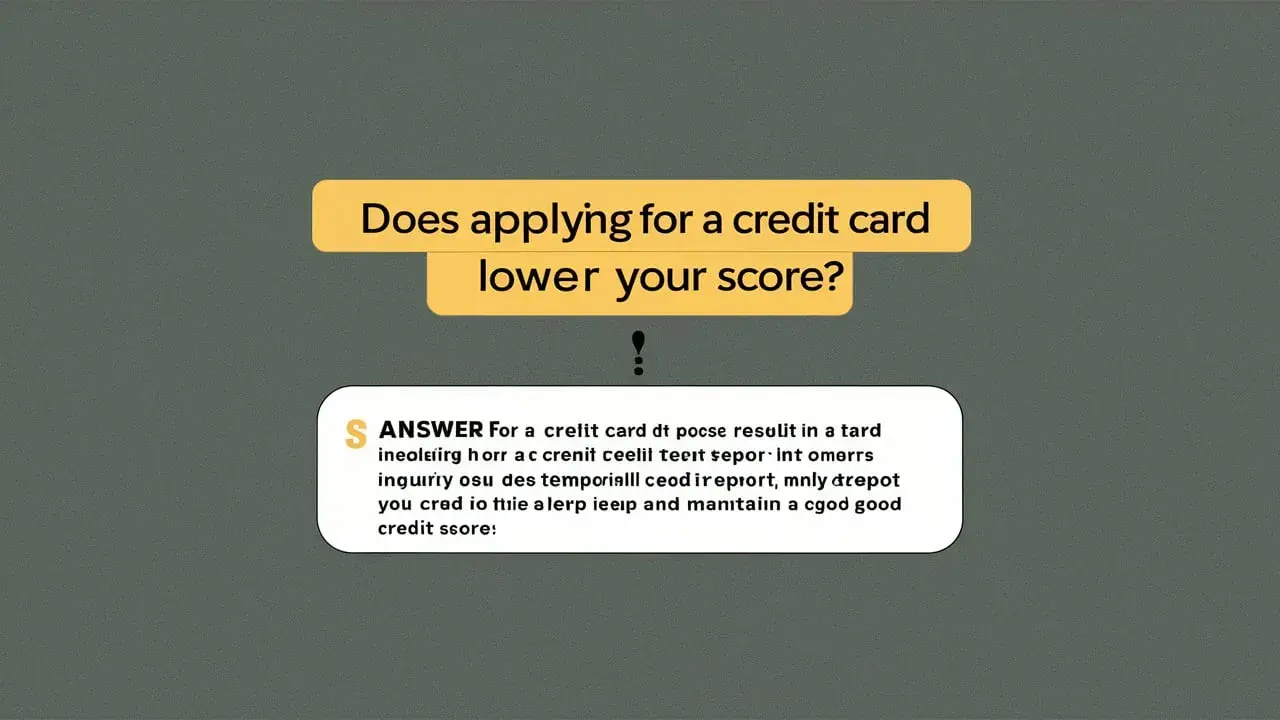-
Posted on: 24 Dec 2022

-
Finding a place to live can be stressful enough, but when you add a less-than-perfect credit score into the mix, it can feel downright impossible. Many landlords use credit checks as a significant part of their tenant screening process, and a low score can raise red flags. However, having bad credit doesn't automatically disqualify you from renting a house. This comprehensive guide will explore strategies, alternative solutions, and practical tips to increase your chances of securing your dream rental, even with a challenging credit history.
Understanding the Landlord's Perspective
Before diving into the solutions, it's essential to understand why landlords rely on credit checks. A credit score provides insight into a potential tenant's financial responsibility and payment history. Landlords use this information to assess the risk of renting to an individual. A good credit score suggests a higher likelihood of timely rent payments and adherence to lease terms, while a poor score may raise concerns about potential defaults or late payments. Landlords want assurance that their property will be protected and that they will receive consistent rental income.
However, it's crucial to remember that a credit score is just one piece of the puzzle. Many landlords are willing to consider other factors that demonstrate your reliability as a tenant.
Assessing Your Credit Situation
The first step is to understand your current credit score and identify any negative marks that may be impacting it. You can obtain a free credit report from each of the three major credit bureaus – Experian, Equifax, and TransUnion – once a year at AnnualCreditReport.com. Review your reports carefully, looking for any errors or discrepancies. Dispute any inaccuracies with the credit bureau immediately. Understanding the specific reasons for your low credit score will help you tailor your approach when applying for rentals.
Common Factors Affecting Credit Scores:
- Late payments on credit cards or loans
- High credit utilization (using a large percentage of your available credit)
- Defaults on loans or credit cards
- Collections accounts
- Bankruptcies
- Judgments or liens
Once you have a clear understanding of your credit situation, you can start exploring strategies to overcome the challenges it presents.
Strategies to Rent a House with Bad Credit
While improving your credit score takes time, there are several immediate strategies you can employ to increase your chances of securing a rental with bad credit.
1. Be Honest and Proactive
Transparency is key. Don't try to hide your credit history. Be upfront with potential landlords about your situation and explain the circumstances that led to your low credit score. If you've had past financial difficulties, explain what steps you've taken to address them and improve your financial stability. Honesty builds trust and demonstrates your commitment to responsible renting.
Proactively offer solutions and reassurances. For example, you can provide letters of recommendation from previous landlords, proof of stable income, and evidence of your efforts to improve your credit score.
2. Highlight Your Strengths as a Tenant
Focus on the positive aspects of your rental history and financial situation. Emphasize your responsible renting habits and highlight any achievements that demonstrate your reliability.
Things to Showcase:
- Stable Income: Provide pay stubs, bank statements, or tax returns to prove your ability to afford the rent consistently.
- Positive Rental History: Obtain letters of recommendation from previous landlords, showcasing your responsible tenancy and adherence to lease terms.
- Consistent Employment: Demonstrate a history of stable employment, indicating your ability to maintain a steady income.
- Responsible Financial Habits: Provide bank statements showing responsible spending habits and savings.
3. Offer a Larger Security Deposit
Offering a larger security deposit can help alleviate a landlord's concerns about your credit score. A larger deposit provides additional financial protection in case of damages or unpaid rent. Negotiate with the landlord to see if a higher deposit would be acceptable in lieu of a perfect credit score.
4. Find a Co-Signer or Guarantor
A co-signer or guarantor is someone with a good credit score who agrees to be responsible for the lease if you are unable to pay the rent. Landlords often find this arrangement reassuring, as it provides an additional layer of security. A co-signer typically needs to be a close friend or family member who trusts you and has a strong credit history. Make sure your co-signer understands the responsibilities involved before entering into this agreement.
5. Offer to Pay Rent in Advance
If possible, offer to pay several months' rent in advance. This demonstrates your financial commitment and can significantly reduce a landlord's risk. While this option may not be feasible for everyone, it can be a powerful negotiating tool for those with limited credit.
6. Consider Renting from Individual Landlords
Large property management companies often have stricter credit requirements than individual landlords. Individual landlords may be more willing to consider your individual circumstances and make exceptions based on other factors, such as a strong rental history or a compelling explanation for your credit challenges.
7. Look for "No Credit Check" Rentals
Some landlords advertise "no credit check" rentals. These landlords typically focus on other factors, such as income verification, rental history, and references. While these rentals may be easier to obtain, they may also come with higher rent or stricter terms. Exercise caution and thoroughly research any "no credit check" rental before signing a lease.
8. Improve Your Credit Score (Even a Little!)
While it takes time to significantly improve your credit score, even a small increase can make a difference. Focus on paying your bills on time, reducing your credit utilization, and disputing any errors on your credit reports. Consider using a secured credit card to rebuild your credit or becoming an authorized user on someone else's credit card (with their permission, of course).
9. Leverage Tenant Screening Reports (TransUnion SmartMove, etc.)
Some tenant screening services, like TransUnion SmartMove, allow you to purchase your own tenant screening report and share it with potential landlords. This allows you to control the narrative and proactively address any potential concerns. By presenting a comprehensive report that highlights your strengths and addresses any weaknesses, you can increase your chances of approval.
10. Prepare a Rental Resume
A rental resume is a document that summarizes your qualifications as a tenant. It should include your contact information, rental history, employment history, income verification, references, and a brief explanation of your credit situation. A well-prepared rental resume can make a positive impression on landlords and demonstrate your seriousness as a potential tenant.
Alternative Rental Options
If you're struggling to find a traditional rental, consider these alternative options:
1. Short-Term Rentals (Airbnb, VRBO)
While not a long-term solution, short-term rentals can provide temporary housing while you work on improving your credit or searching for a more permanent place. Many short-term rental platforms do not require credit checks.
2. Roommates
Renting a room in an existing household can be a more affordable and accessible option, especially if you have bad credit. Landlords may be less stringent with their screening process when renting a room in a shared living situation.
3. Subleasing
Subleasing involves renting a property from an existing tenant. In many cases, you may not be subject to a credit check by the original landlord. However, it's essential to ensure that the sublease agreement is legal and that the original tenant has permission to sublet the property.
4. Government Housing Assistance Programs
Explore government housing assistance programs, such as Section 8 vouchers, which can help low-income individuals and families afford housing. These programs often have different eligibility requirements than traditional rentals.
Building Your Credit for the Future
While these strategies can help you rent a house with bad credit in the short term, it's essential to focus on rebuilding your credit for the future. A good credit score will open up more opportunities and make it easier to secure housing, loans, and other financial products.
Tips for Rebuilding Your Credit:
- Pay Bills on Time, Every Time: This is the single most important factor in improving your credit score. Set up automatic payments to ensure you never miss a deadline.
- Reduce Credit Utilization: Aim to keep your credit card balances below 30% of your available credit limit.
- Consider a Secured Credit Card: Secured credit cards require a security deposit, which acts as your credit limit. They are a good option for rebuilding credit because they report your payment activity to the credit bureaus.
- Become an Authorized User: Ask a friend or family member with good credit to add you as an authorized user on their credit card. This can help you build credit as long as they use the card responsibly.
- Monitor Your Credit Report Regularly: Check your credit report regularly for errors and dispute any inaccuracies immediately.
Conclusion
Renting a house with bad credit can be challenging, but it's not impossible. By understanding the landlord's perspective, being honest and proactive, highlighting your strengths as a tenant, and exploring alternative solutions, you can significantly increase your chances of securing a rental. Remember to focus on rebuilding your credit for the future to unlock even more opportunities. With persistence and a strategic approach, you can find a place to call home, regardless of your credit history.










